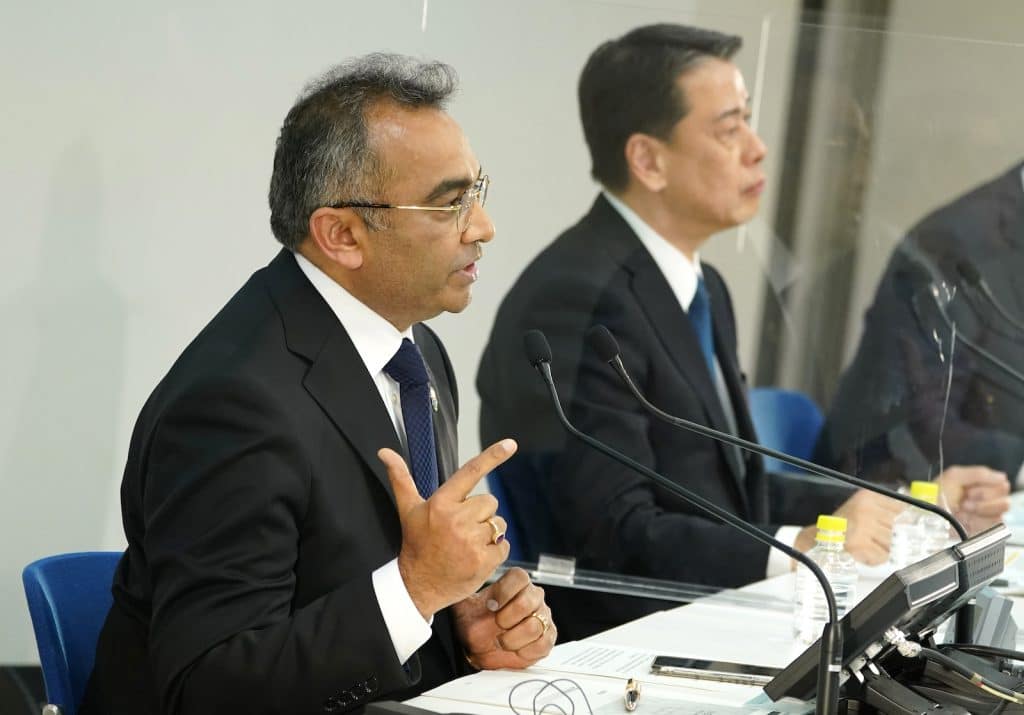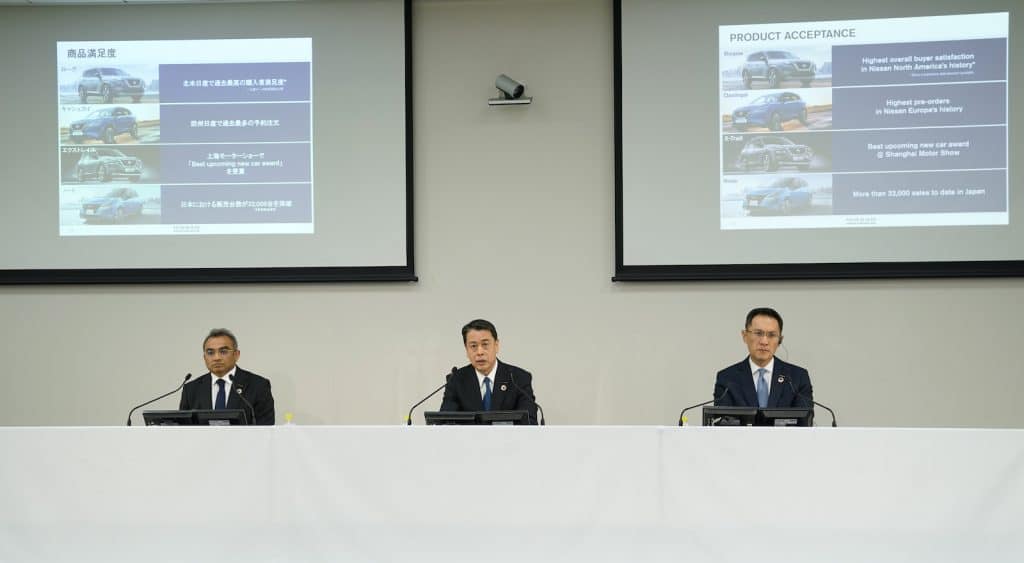Nissan expects to lose production of as many as 500,000 vehicles during the coming fiscal year as the semiconductor shortage delays its return to profitability.
The Japanese automaker now forecasts it will only break even for the year that began April, undercutting outside estimates it could be profitable this year.
“If we look at the immediate challenges today, there is a big impact from business risks like semiconductor and commodity price hikes … so at this point in time, we are foreseeing operating profit coming out even,” Chief Executive Makoto Uchida said on an online earnings call, adding that Nissan will update its outlook after the first quarter.

Outside factors hampering success
He added fiscal year 2020 was dominated by the COVID-19 pandemic and impacted by multiple factors including growth of environmental awareness and political as well as economic changes
Like other automakers in Asia, Europe and North America, Nissan is facing a shortage of vital semiconductors, which began at the end of 2020. The shortage was exacerbated in recent months by a fire at a plant of key automotive chip maker Renesas Electronics Corp. in Japan as well as blackouts in Texas where a number of chipmakers have factories.
That forced Nissan to cut production by 130,000 vehicles in the year just ended, although the company has been able to recover half of that production, Chief Operating Officer Ashwani Gupta said.

Further plant shutdowns coming
The ongoing shortage of semiconductors due to the fire at Renesas’s plant, will impact Nissan in the first quarter and will also likely affect Nissan’s production of 500,000 vehicles this year, Nissan executives said.
The company expects to recover only half of the affected production in the second half of the year, they said. Nissan is now planning to slash production at several factories in Japan in May, according to new reports from Japan. It will also curb production at plants in North America and Mexico.
Nissan has also struggled to make money as it pulls back from the ambitious expansion pursued by ousted chairman Carlos Ghosn. It has not made a profit since the year ended March 2019 and it reported its annual operating loss in the year ended March 31 widened from the shortfall in the previous year despite sales improvements in China and North America.







